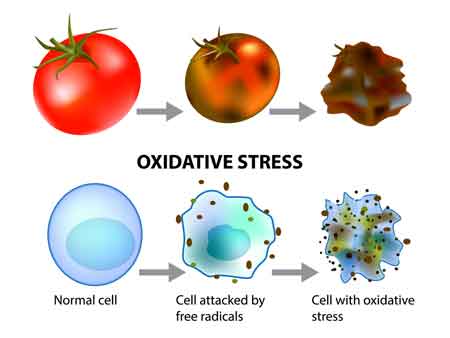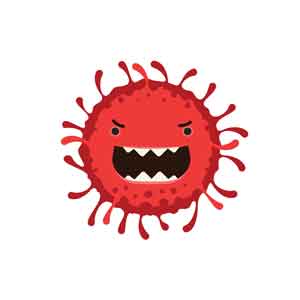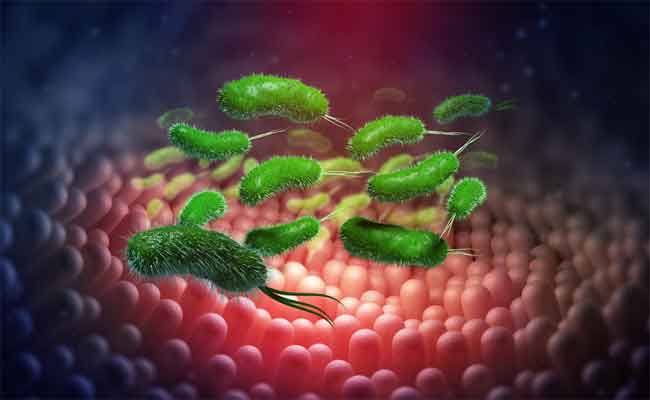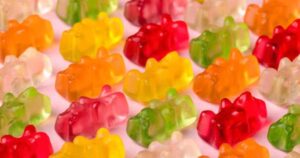Although we try to keep our homes clean and safe, could there be dangerous toxins lurking in your house? From houseplants to home cleaning products, toxins could be hiding anywhere. Could the cleaners we use in an attempt to make our homes clean and safe actually be making us sick? There are several species of houseplant that can be toxic for humans and pets if consumed. Here are some of the pollutants you should look out for and some ways to reduce your exposure.
Volatile Organic Compounds (VOCs)

Many of the products we use in our homes contain Volatile Organic Compounds (VOCs) which are emitted as gases, solids and liquids. Products such as cleaners, air fresheners, paints, building materials and pesticides emit VOCs but the amount of VOCs emitted depends on the amount of the chemical used and also the toxicity of the chemical itself. VOCs are known to be drastically higher inside our homes than outside and have been linked to some serious long-term health problems.
Health Concerns
There are several serious and non-serious health concerns related to VOC exposure some of these include:
- Asthma
- Allergies
- Childhood cancer
- Dermatitis
- Headaches
- Loss of coordination
- Liver and Kidney damage
- Nausea
There are some signs of VOC exposure you can recognize easily, nose and throat irritation, nausea, fatigue, dizziness, and allergic skin reactions. The severity of these symptoms is dependent on the levels of exposure to the VOC and the amount of toxicity of the chemical you are exposed to.
Ways to Reduce VOC Exposure
There are several ways that you can help to reduce the amount of VOC pollution in your home. Proper ventilation during use is a key factor to reducing the amount of toxin in the air in your home. Here are some helpful tips:
- Make sure there is plenty of ventilation when using a product that emits VOCs.
- Follow the products labeling instructions.
- Keep products out of reach of children and pets.
- Never store any VOC emitting product open. Be sure to seal the product immediately after use.
- Dispose of unused product promptly and properly.
Dangerous House Plants
Since most houseplants come from tropical plant species, there is a large number of these household plants that can be toxic if ingested. This does not mean that you have to get rid of your favorite houseplants, but you should be aware and make sure that these plants are out of the reach of children and pets. Here is a list of some toxic houseplants:
- Philodendron
- Chrysanthemum
- Garden Hyacinth
- Azalea
- Rhododendron
- Angel’s wings
- Holly
- Mistletoe

Outdoor Toxins
We bring many toxins into our homes with us from the outdoors on our shoes. One great way to reduce the amount of air pollutants in your home is to leave your shoes at the door. We walk in many different substances through out the day like motor oil, antifreeze, animal waste, and many more and we bring them home on our shoes. To eliminate most of these pollutants from entering your home simply take off your shoes before entering the house and ask your guests to do the same.
The air quality inside your home is often worse the the air quality outside which can cause both serious and non-serious health problems. There are several ways that we can help reduce our exposure to these chemicals and toxins. It is important to read product labels before you use them and to make sure you have plenty of ventilation when cleaning your home but there are also several products on the shelves now that do not emit VOCs and are better for the environment all around. Of course you could always go back to some of the basic cleaners, such as, vinegar and baking soda, which do a pretty good job of keeping your home clean without polluting your air.



